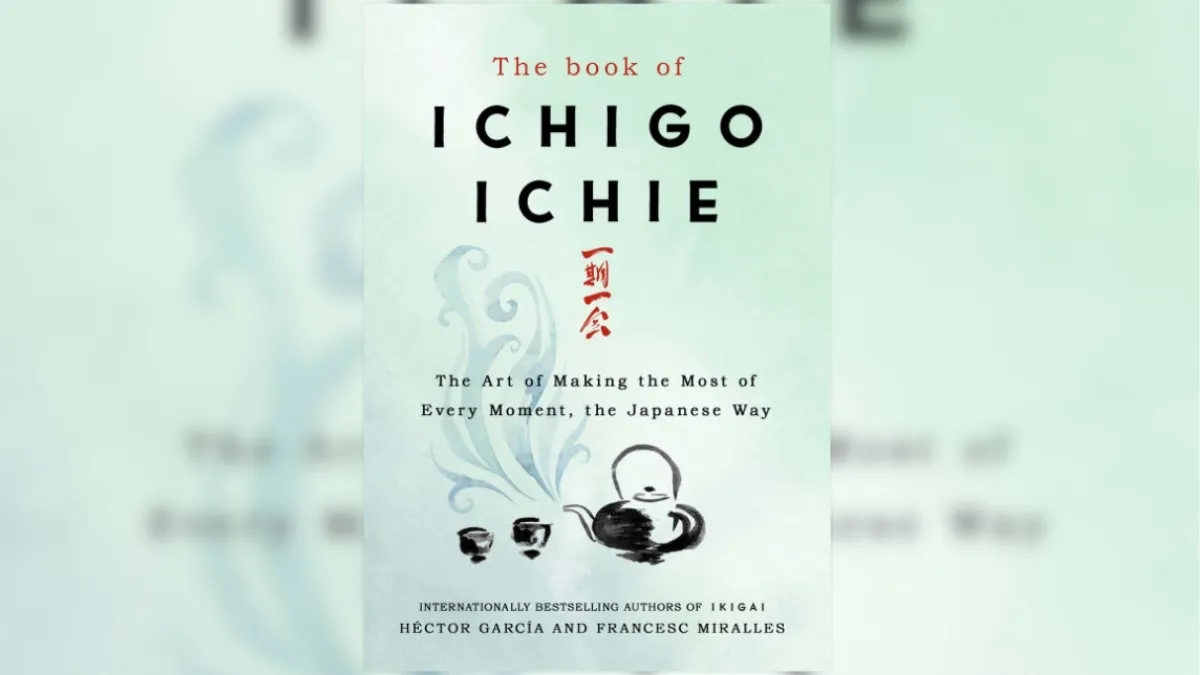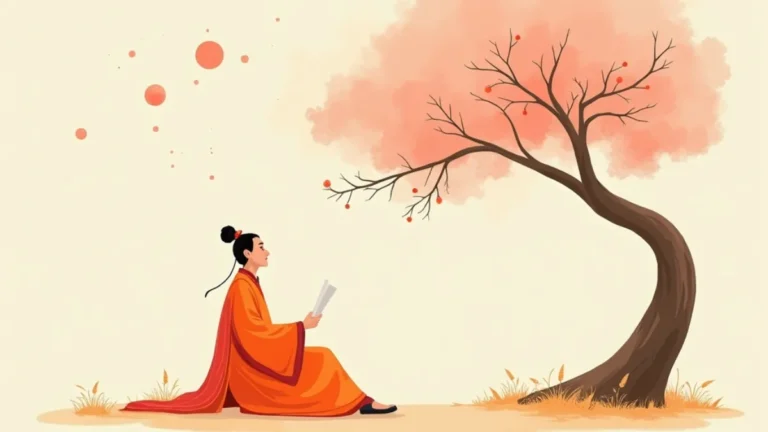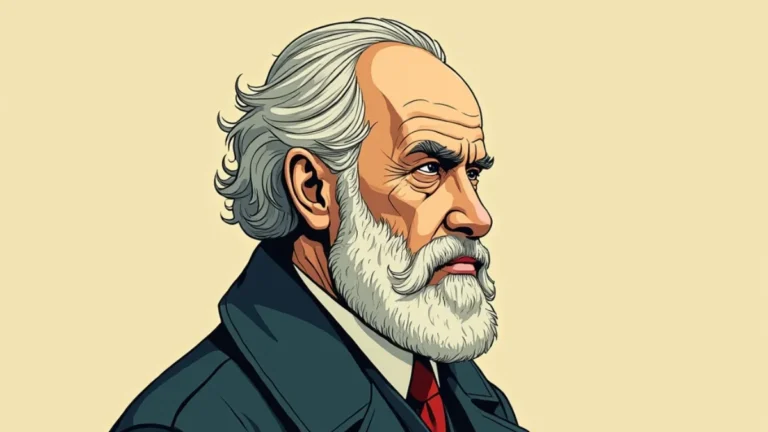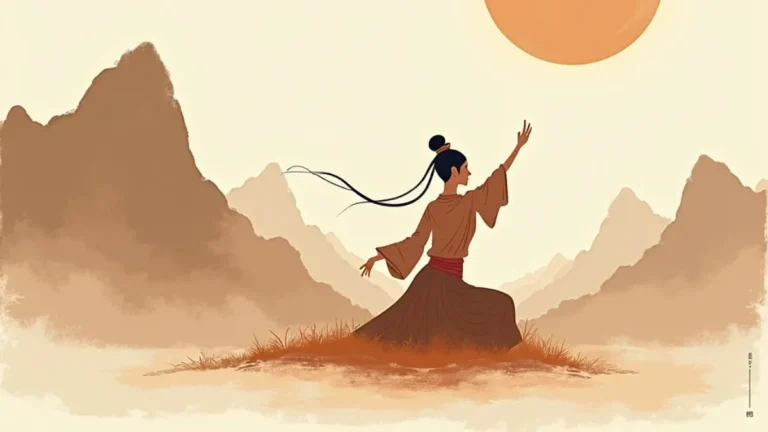The Art of Making the Most of Every Moment, the Japanese Way
One evening in Tokyo, a man rushed through the crowded Shibuya crossing, stressed and anxious. Notifications on his phone buzzed nonstop—work deadlines, messages from his boss, countless reminders all demanding his attention. He glanced at his watch. He was already running late for a meeting in Shinjuku. The neon lights and the mechanical rumble of a nearby construction site were adding fuel to the fire of his anxiety. When he checked his watch again, the reality hit him: he had missed his train. Shoulders slumped, he took a deep breath, and that’s when something caught his eye—a small street food stand selling takoyaki (octopus balls), his favorite snack from childhood. He realized he couldn’t remember the last time he actually stopped to eat them.
On a whim, he approached the stand, ordered a single serving, and took a bite. Suddenly, all those worries—the deadlines, the missed train, the chaos around him—they all melted away. All that mattered was the taste of the freshly cooked takoyaki, warm and comforting, pulling him back into the moment.
This simple scene reveals a truth many of us forget: we get so lost worrying about the future or dwelling on the past that we miss the present entirely. We rush through life, staring down at our phones or getting stuck in our thoughts. How often have you sat on a train, completely oblivious to the scenery outside because you’re replaying an awkward conversation from days ago? These fleeting moments, once gone, can never be brought back. As the Zen Buddhists in Japan teach, every moment is unique, a once-in-a-lifetime experience that won’t happen again.
Ichigo Ichie: The Art of Once-in-a-Lifetime Moments
The Japanese have a phrase for this idea: Ichigo Ichie, roughly meaning “one time, one meeting,” or more simply, “this moment only.” It’s a reminder that every moment is a unique treasure, and it’s up to us to embrace it fully.
Sen no Rikyū, a 16th-century tea master, believed in the uniqueness of each gathering, a belief that came to be summed up in the expression, “Ichigo ni ichido” or “one chance, one meeting.” Later, in the 19th century, tea master Ii Naosuke, who faced the constant threat of assassination, brought this philosophy into focus during tea ceremonies. He treated each meeting as if it might be his last, knowing each encounter could never be repeated in the same way again.
He once said:
“Great attention should be given to a tea gathering, which we can speak of as ‘one time, one meeting’ (ichigo, ichie). Even though the host and guests may see each other often socially, one day’s gathering can never be repeated exactly. Viewed this way, the meeting is indeed a once-in-a-lifetime occasion.”
The power of Ichigo Ichie is that it encourages us to be fully present, regardless of whether we’re having a conversation, eating a meal, or simply walking through the streets. It’s about valuing the now.
The Illusion of Past and Future
Think about it: the past and future are figments of our imagination—memories we cling to or fears we project forward. As Eckhart Tolle said, “There is never a time when your life is not this moment.” It’s true. Whether we’re reminiscing about old times or worrying about tomorrow, all those thoughts happen in the now. But they distract us from actually experiencing life as it unfolds.
The man at Shibuya could have stayed in his anxious mind, worried about the consequences of missing his meeting, about how his boss might react. But when he decided to buy that takoyaki, he did something powerful: he stepped out of his thoughts and stepped into the present.
Living in the Now: A Personal Lesson
I’ve spent more time than I’d like to admit being lost in thought—especially during moments that should have been enjoyable. There were times I watched a movie but didn’t really see it, because I was caught up in thinking about work. I’ve missed out on countless moments: a good laugh, a sunset, or even just the quiet of early morning, all because I was stuck in my head.
When I read The Book of Ichigo Ichie, one description stood out to me: “What we are experiencing right now will never happen again. And therefore, we must value each moment like a beautiful treasure.” Life is like a river. The scenery is always changing. The people and places we encounter pass us by—there’s no pause button, no rewind. We have to let go of our desire for the past or fears about the future, and savor each unique moment.
Accepting Transience: A Double-Edged Sword
There’s a Sufi story I like about a king who sought wisdom. A sage presented him with a ring inscribed with the words: “This too shall pass.” It’s a reminder that everything—good or bad—is temporary. Moments of joy, however sweet, will fade. But it’s that impermanence that gives them value. Knowing that a happy moment won’t last forever makes it all the more precious.
The flip side is that difficult times also don’t last forever. No matter how challenging or painful, every moment eventually gives way to another. Pain is temporary, and believing in impermanence can help us move forward.
Finding Magic in the Everyday
I love walking, especially through new places. During a trip, I tried to take in every detail—the sounds of nature, the hum of city life, the faces of people I’d never meet again. Walking along the Asano River in Kanazawa, I made a point of being present, observing, and appreciating—no phone distractions, no wandering mind. It was harder than I thought, but the reward was the richness of the moment itself.
We often chase what society deems once-in-a-lifetime experiences: travel, festivals, adrenaline-pumping adventures. But Ichigo Ichie teaches us that every single day, every moment, is a once-in-a-lifetime event. The simple joy of eating a favorite meal, having a genuine conversation, or sharing a quiet moment with a loved one—these can be just as fulfilling as any grand adventure, if only we’re fully there for them.
Thank you for joining me in exploring this concept. If you’re curious about living more presently, why not start now? The next bite you take, the next person you speak to—treat it as a one-time event. After all, it is.



